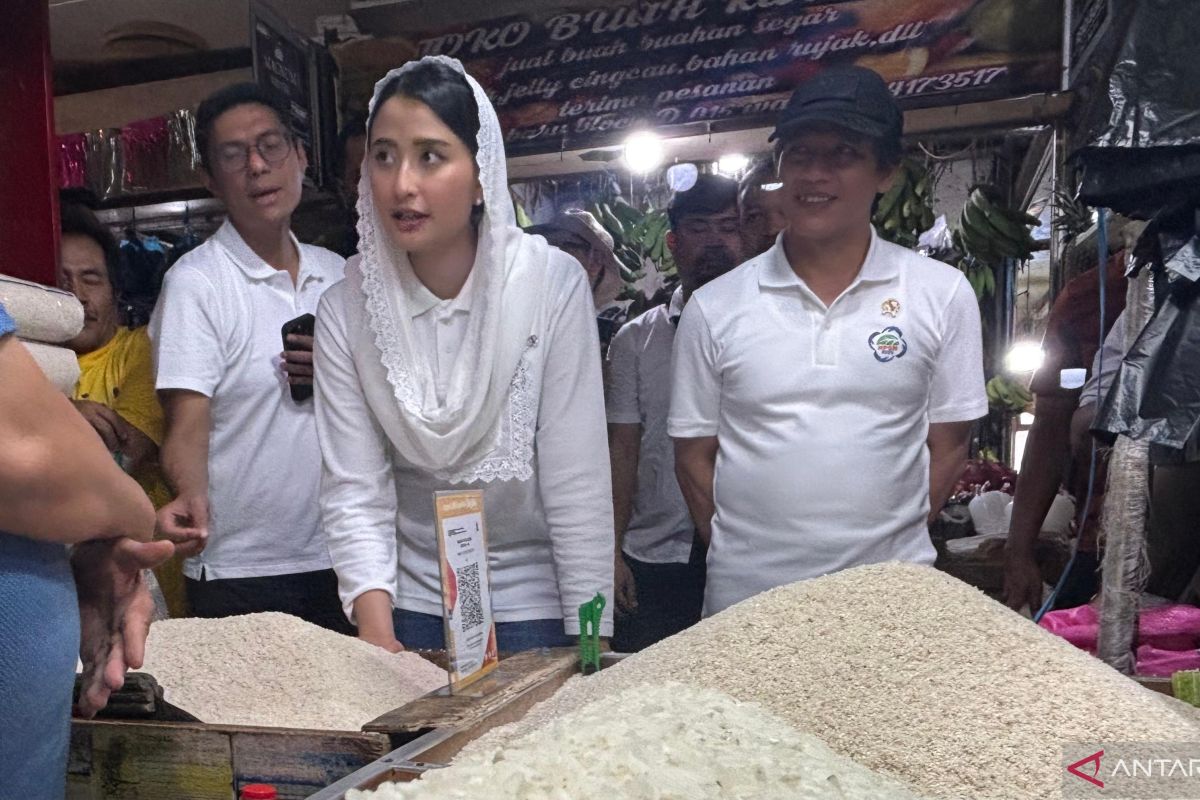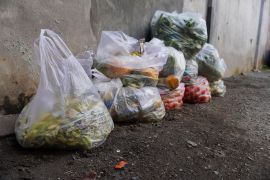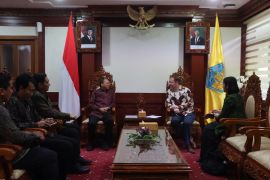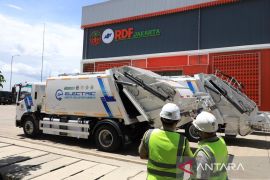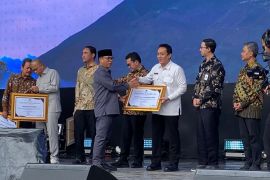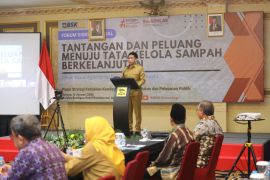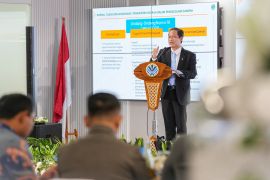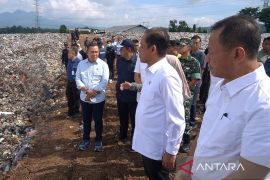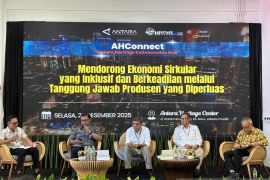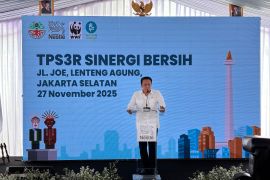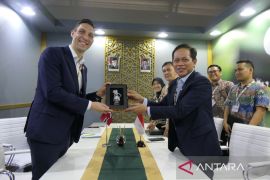At the market cleanup event in Cimahi, West Java, Nurofiq underlined that only residual waste should be processed in landfills as per Law Number 18 of 2008 on waste management.
To this end, regional waste management efforts are deemed essential to reduce the volume of waste that ends up in landfills.
"Markets are mandated by Law Number 18 of 2008 to resolve their waste, not leaving it to the mayor or district head," he remarked.
This step is necessary since, based on the National Waste Management Information System (SIPSN) data from 2024, open dumping systems sent approximately 3,083,633 tons of waste into landfills.
The same data revealed that markets contributed about 13.38 percent of the total 29.3 million tons of waste generated by 278 districts and cities in 2024.
Hence, the waste cleanup action carried out jointly by the Ministry of Environment and the Ministry of Trade is initiated as a real collaboration to reduce national waste generation.
On that occasion, the minister also instructed the Environment Office in each region to continue to monitor the implementation.
Specifically addressing West Java's situation, he noted that the Sarimukti Landfill is currently overloaded and unable to accommodate more waste. The Ministry of Environment itself has imposed administrative sanctions against open dumping or open disposal practices.
"To tackle the waste problem, the Ministry of Environment will use all available authorities and instruments to seriously resolve it, of course, by cooperating with stakeholders," he affirmed.
Related news: Regional governments urged to monitor waste management in markets
Related news: North Jakarta tests urban waste management system
Related news: Environment minister pushes for waste management roadmap completion
Translator: Prisca Triferna, Raka Adji
Editor: Azis Kurmala
Copyright © ANTARA 2025
